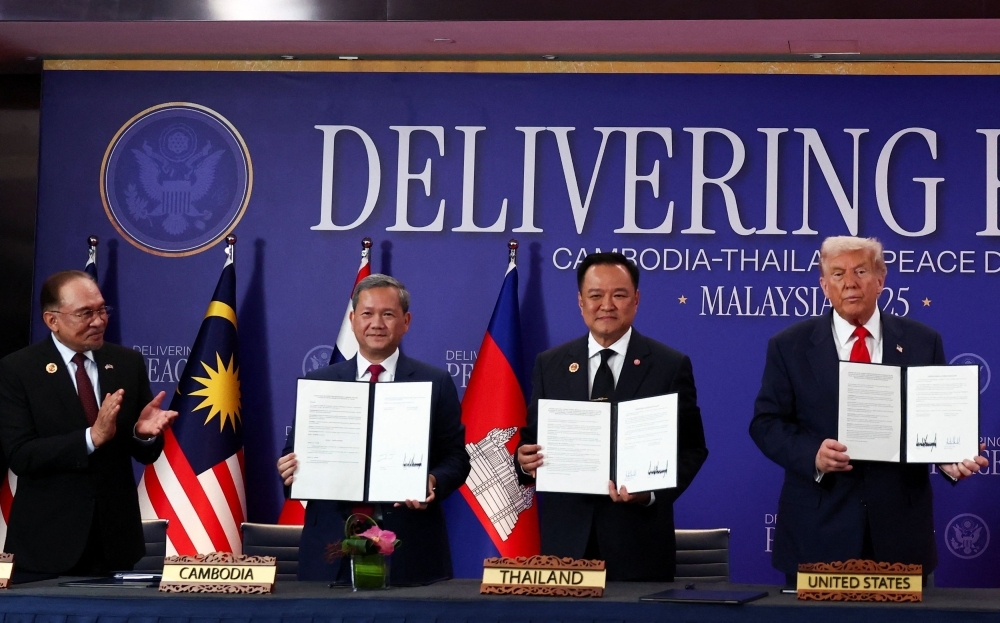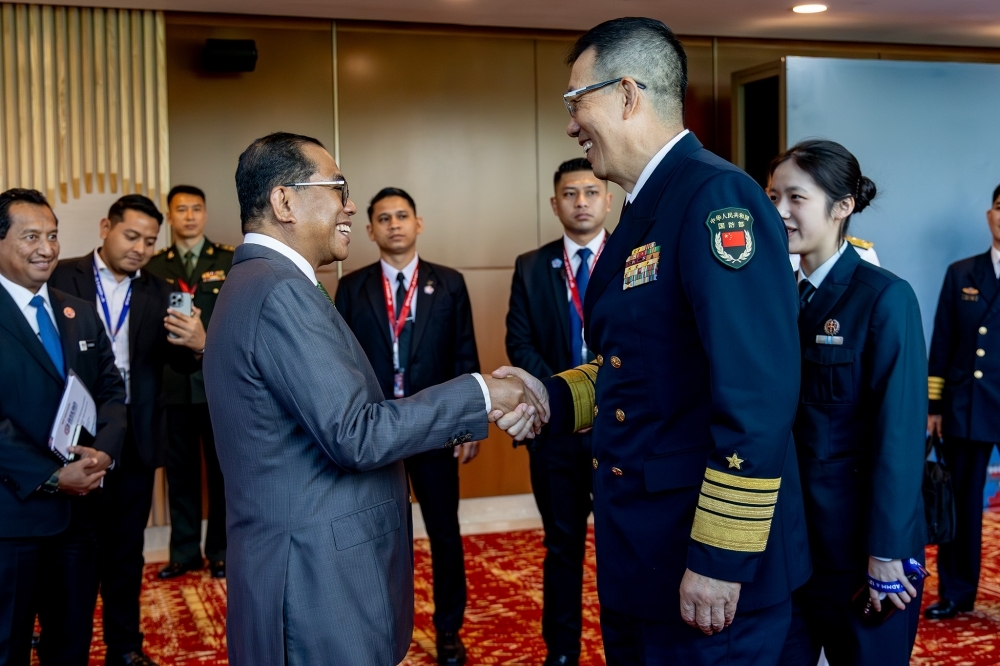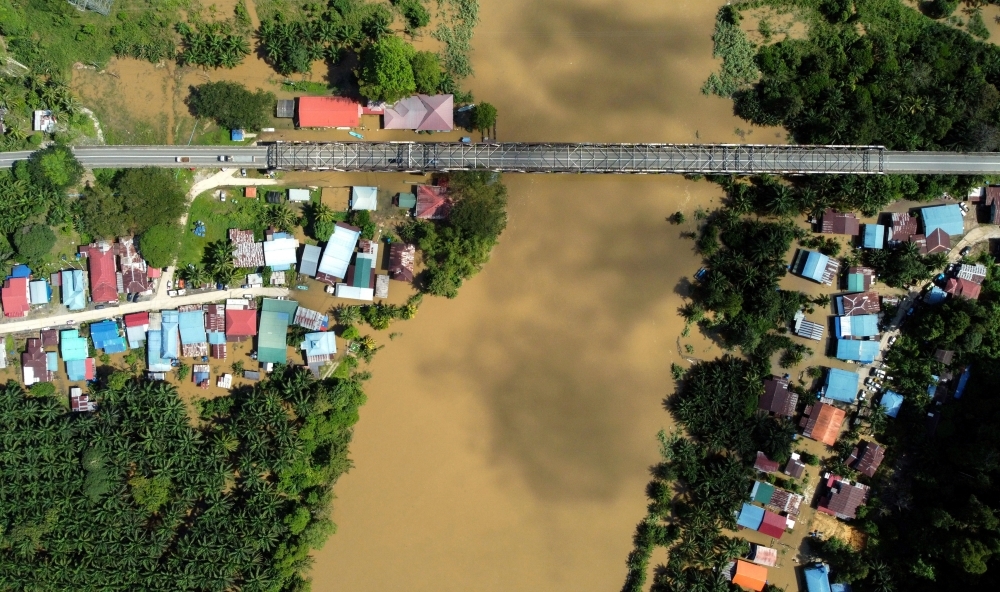The Kuala Lumpur Peace Accord has officially marked a turning point in Southeast Asia’s history. Today, Cambodian Prime Minister Hun Manet and Thai Prime Minister Anutin Charnvirakul signed a landmark agreement to end months of border violence that has taken dozens of lives and displaced more than 300,000 civilians since July.
The peace signing took place at the Kuala Lumpur Convention Centre, witnessed by Malaysia’s Prime Minister Datuk Seri Anwar Ibrahim, who currently chairs ASEAN, and U.S. President Donald Trump. The agreement symbolizes renewed hope for stability in a region long strained by territorial disputes and political tension.
Originally planned for later in the day, the ceremony was moved forward to allow Prime Minister Anutin to return home to Thailand for the funeral arrangements of Queen Mother Sirikit—a decision that underscored the gravity of both national duty and peace diplomacy.
In a heartfelt address, Prime Minister Anwar Ibrahim expressed his deep gratitude to President Trump for his role in facilitating the dialogue.
“Thank you for your concern, empathy, and commitment to support this peace deal. The world needs leaders who promote peace strongly—and to achieve that, you have to break some rules,” Anwar said before the accord’s signing.
The agreement has been hailed as a model of modern diplomacy—a demonstration of what can be achieved when nations set aside pride and politics for the sake of humanity. Beyond the political ceremony, the moment carried emotion and relief for the thousands of families torn apart by the border conflict. For them, this peace accord isn’t just a document—it’s a promise of homecoming, healing, and hope.




